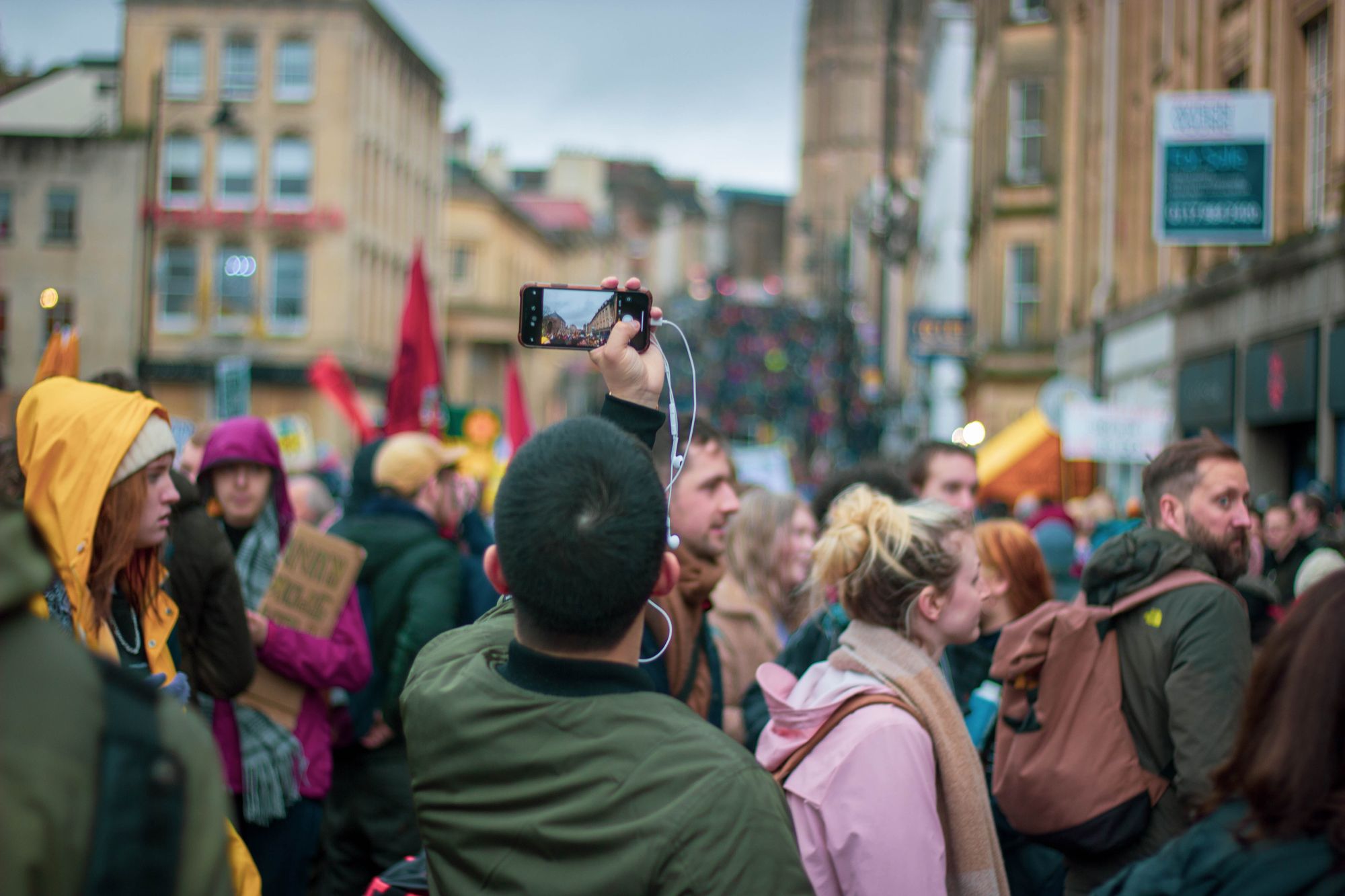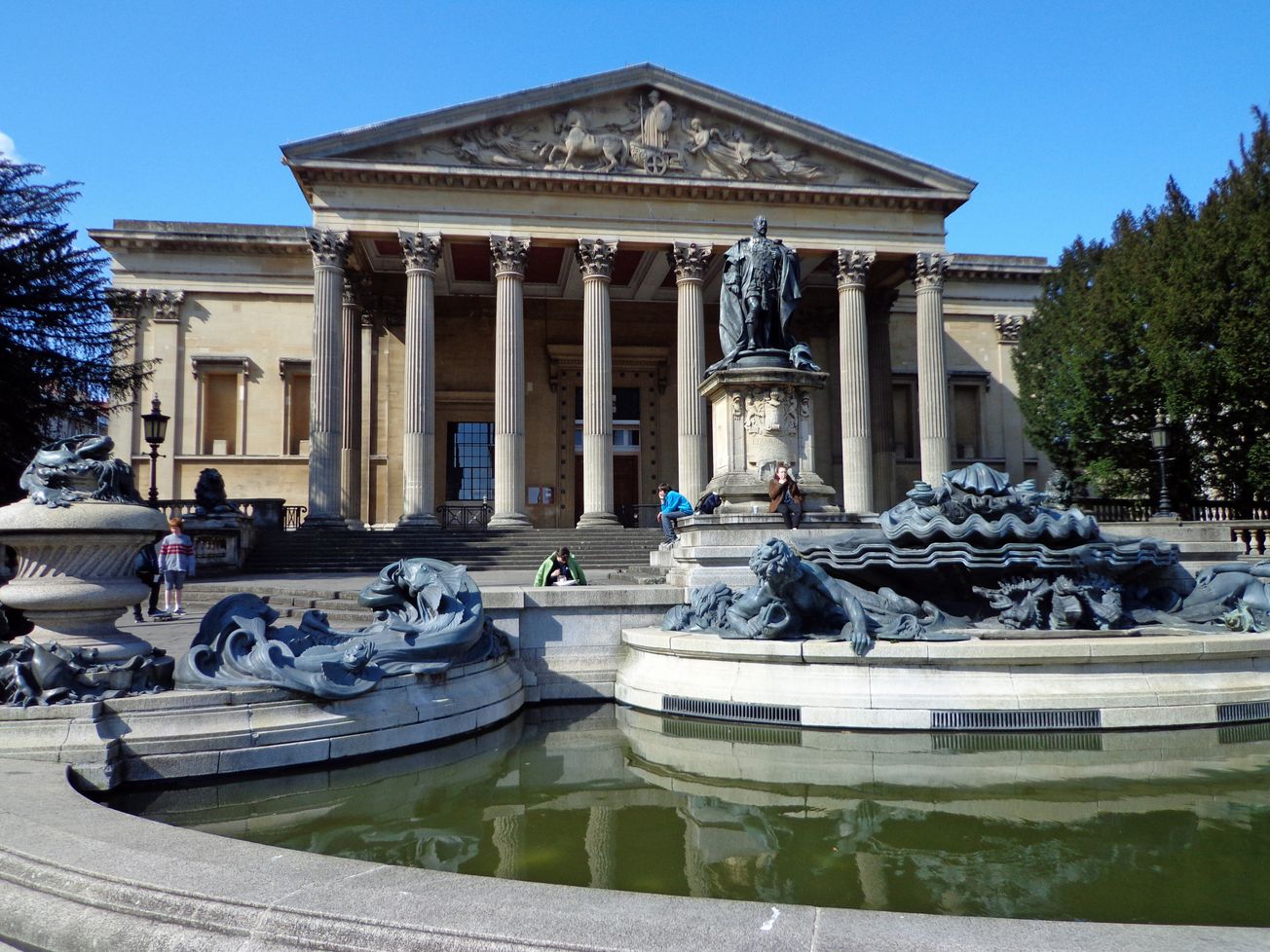By Nel Roden, Second Year English
Starting university propels you into meeting a countless number of new people from a multitude of backgrounds, and with this comes encounters with a variety of different—and oftentimes alien—worldviews. In the UK’s current social and political climate, contentious discourse among peers is inevitable, making university a pivotal moment where your worldviews may be challenged.
Our experiences are what shape us as people, giving us the ability to relate, empathise and adapt to situations. So entering a new world at university where you feel as though people are not able to identify with your experiences can be difficult. This may feel particularly pertinent for widening participation students—a term which describes a government initiative that aims to ‘double the proportion of pupils from disadvantaged backgrounds going into higher education'—who often experience varying degrees of challenges when applying to and attending university.
Having come from a small, rural area in North Wales, I encountered a more diverse range of political views in my first term at Bristol than I ever had done before. As a state-educated, first-generation student, coming to Bristol and discovering the range of educational backgrounds was, to say the least, startling.
Despite being generally aware of these different views it was nonetheless a shock to experience them firsthand—something which still occasionally catches me off guard, even after a year of attending Bristol.
Context: the UK’s institutions and British society are dominated by those who have attended fee-paying schools. For example, the new cabinet is 60%+ private school (vs 7% of population). Private schoolers remain significantly over-represented at Oxford and Cambridge themselves. pic.twitter.com/qQO7Hgr3TM
— Lewis Goodall (@lewis_goodall) October 29, 2022
It seems that my experience is far from unique. Speaking to Epigram, a third year student recalled their first encounter with a student with a vastly different educational background: ‘I remember during one of my first meetings with one of my flatmates in freshers’ week, he asked me what my parents' jobs were and told me that both of his parents work in investment banking.
'The whole thing struck me as really weird, because my parents are both teachers, so they just have normal jobs—when I’m back home that’s just not the sort of thing you’d usually ask someone or care about.
‘We ended up clashing a lot about politics, and it caused a lot of arguments in the flat. In the end, partly to keep the peace, I just accepted that his views were massively influence from a position of privilege that I wouldn’t ever be able to understand’.
It is often projected in the media that students tend to lean to the left politically. When discussed by right-wing commentators, this is often attributed to the idea that universities liberalise their students, suggesting institutions are largely producing a left-leaning cohort. Katie Hopkins has previously put forth the notion that it is not students’ intelligence that is linked to liberalism, but ‘Is simply the result of having their heads shoved in a liberal echo-chamber listening to the sound of left-wing propaganda’.
What if young people don't dislike the Tories because of 'woke indoctrination at uni' and really are pissed off at £60,000 student debt, insecure employment, lousy pensions and zero chance of ever owning a home?
— David__Osland (@David__Osland) November 30, 2022
However, an extensive study researching the connection between higher education and liberal values, found that ‘obtaining higher education qualifications only has a small direct causal effect on British individuals’ adult attitudes, and that this effect is not always liberalizing’. The study concluded that those who form left-wing/liberal views in earlier stages of their lives ‘Disproportionately enroll in universities’, dispelling the myth that higher education establishments are responsible for liberal indoctrination and encapsulating what the Guardian has described as ‘a degree of chicken and egg’.
The University of Bristol reported to Epigram that, in the latest academic intake, 24.5 per cent of the student body consisted of privately educated pupils—whereas private school pupils make up just seven per cent of the UK’s secondary school students. Researching the links between higher education and social class, The Institute for Employment Studies found that institutions are chosen by lower social class students mainly for reasons relating to cost. Given that Bristol has recently been ranked the fourth most expensive student city in the UK, perhaps one contributing explanation for the University’s disproportionate intake of fee-paying students is a prohibitive cost of living for lower-income students.

It is uncontroversial to suggest that obtaining a fee-paying education over a state education has an influence on your worldview, much of which centres around politics. NatCen’s British Social Attitudes study explored the influence of fee-paying education on social attitudes and concluded that ‘private schools […] tend to produce Conservative partisans’. Conflict between the two poles of political opinion is likely to be experienced by students at university and for students with minimal previous exposure to right-leaning perspectives, encountering these views for the first time may be challenging.
The student experience of imposter syndrome
'We are not operating a level playing field': addressing the BAME attainment gap this Black History Month
Reflecting on those initial experiences in their first year, a student spoke of the positive outcomes: ‘Although I found it really frustrating and quite isolating at the time, I think I learnt a lot from living with someone so different to me. Those arguments definitely taught me to pick my battles and navigate debates without conflict in a way I’d never needed to before’.
Though it can be a shock to encounter people with experiences unlike your own, it is a crucial part of your assimilation into the wider world. Making the effort to expand your worldview by listening to the people around you will give you access to an understanding of the world in an undeniably broader sense.
Featured Image: Flickr / diamond geezer
How has your worldview been influenced during your university experience?









